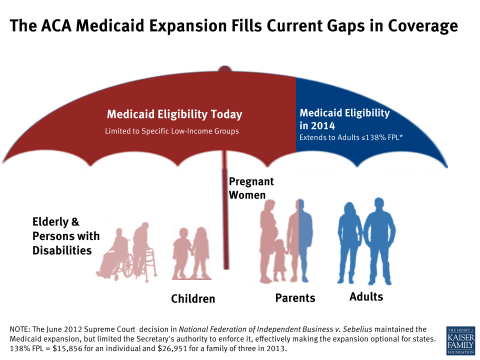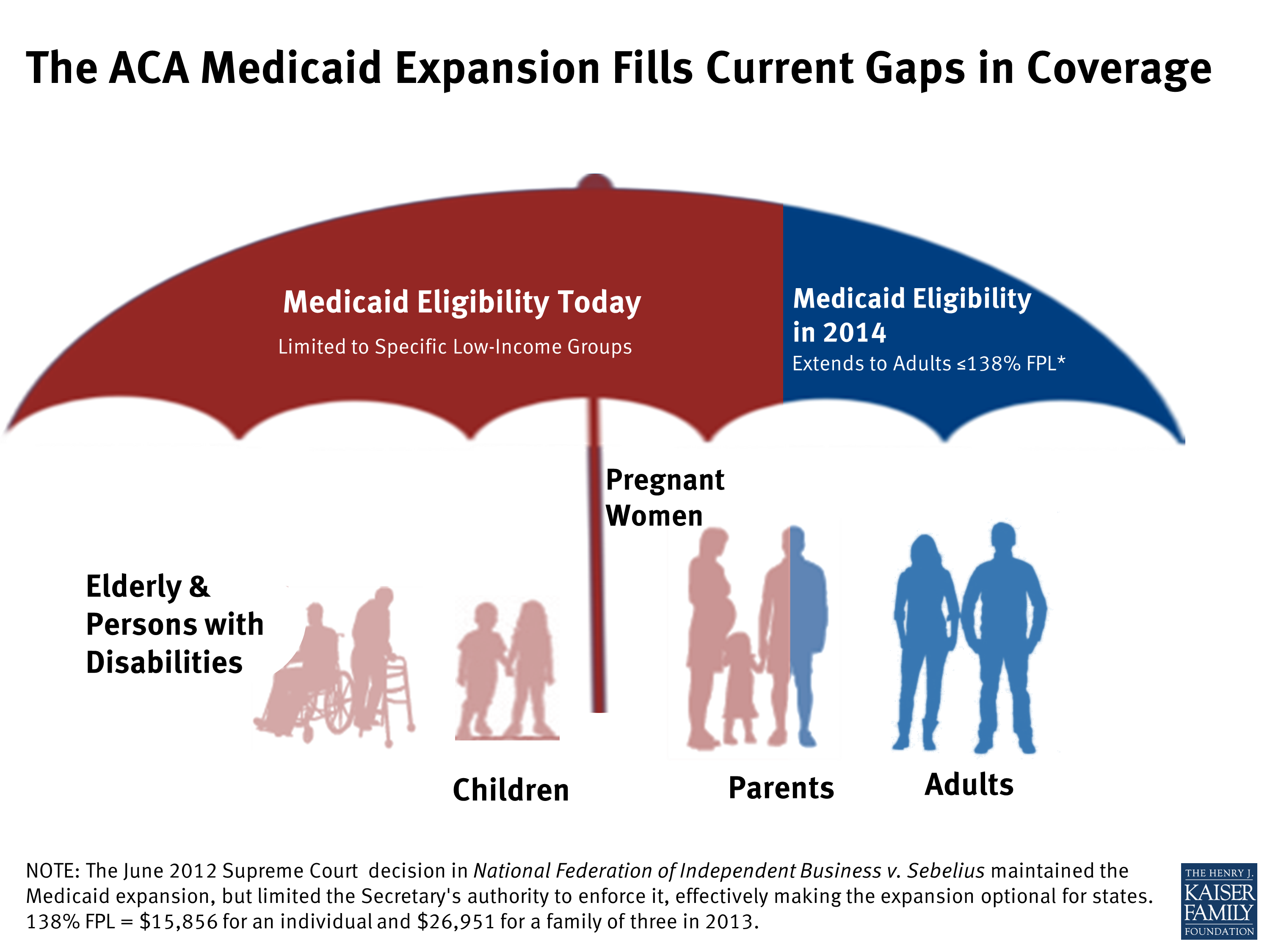 The shortage of physicians and other health practitioners will soon be exacerbated as health care reform provides coverage for millions of Medicaid patients.
The shortage of physicians and other health practitioners will soon be exacerbated as health care reform provides coverage for millions of Medicaid patients.
According to the Congressional Budget Office, about 9 million additional Americans are expected to begin Medicaid coverage in 2014 alone.
Community clinics that traditionally provide primary care have expanded and added medical staff to meet the needs of anticipated patients, while managed-care companies scramble to recruit physicians, nurse practitioners and others professionals, reports The New York Times.
Experts say it is unclear if the demand can be met, especially for specialty care.
In California, the home of the most Medicaid patients in the nation, physicians are already operating at capacity and unable to accommodate new patients.
Dr. Hector Flores, primary care physician and chairman of the family medicine department at White Memorial Medical Center in Los Angeles says his practice in Los Angeles serves 26,000 patients, one-third of them on Medicaid.
“There could easily be 10,000 patients looking for us, and we’re just not going to be able to serve them,” Flores told the Times.
Two million additional Medicaid participants are expected in California within two years. According to a study from the journal Health Affairs, just under half of physicians in California are already unable to take on new Medicaid patients.
In an attempt to fix the issue, there is a two-year increase in Medicaid payment rates for primary care physicians, making payment equal to Medicare rates for doctors. But many see it as a temporary solution and some states have been slow to enact the pay increase, so it hasn’t made much of an impact on helping the shortage.
According to an estimate by the Association of Medical Colleges, one year after the Affordable Care Act begins there will be a nationwide physician shortage of 63,000 doctors. By 2020 the shortage is estimated to be 91,500, almost evenly split between primary care physicians and specialists.
The shortage of health care professionals is not a new issue. In a 2008 report from the Medicare Payment Advisory Commission (MedPAC), the agency determined one-third of Medicare recipients nationwide have difficulty finding primary care physicians.









